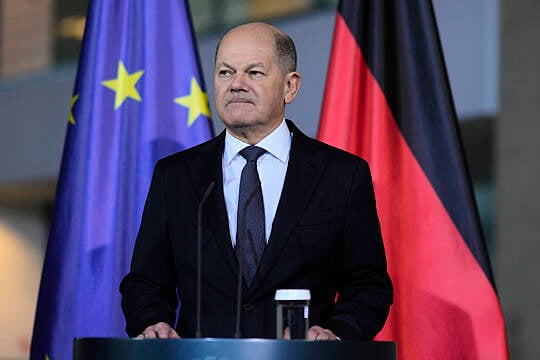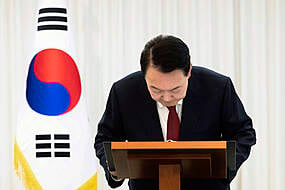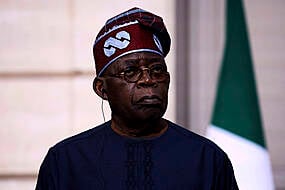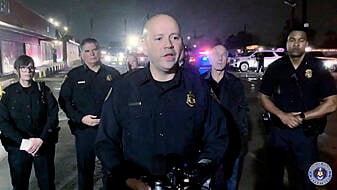Chancellor Olaf Scholz faces a confidence vote in the German parliament on Monday that he is expected to lose.
Defeat would pave the way for the European Union’s most populous member and biggest economy to hold an early election in February.
Mr Scholz’s notoriously rancorous three-party government collapsed on November 6 when the chancellor fired his finance minister in a long-running dispute over how to revitalise Germany’s stagnant economy and the minister’s pro-business party quit the coalition.
That left the remaining two centre-left partners without a majority in parliament.
Leaders of several major parties agreed that a parliamentary election should be held on February 23, seven months earlier than originally planned.
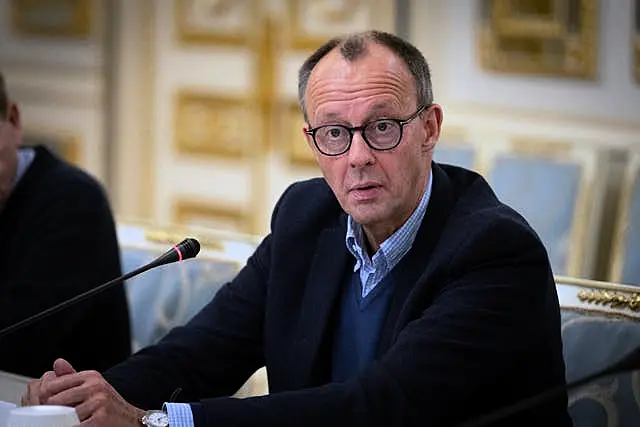
Post-World War II Germany’s constitution does not allow parliament’s lower house, or Bundestag, to dissolve itself so a confidence vote is needed to set in motion the early election.
Mr Scholz’s Social Democrats hold 207 seats in the Bundestag and are expected to vote for the chancellor.
Their remaining coalition partners, the environmentalist Greens, have 117 and plan to abstain. That should mean Mr Scholz gets nowhere near the majority of 367 in the 733-seat chamber needed to win the confidence vote.
If he loses, it will be up to President Frank-Walter Steinmeier to decide whether to dissolve the Bundestag.
Mr Steinmeier, who said last month that “this country needs stable majorities and a government that is capable of acting,” has 21 days to make that decision. Once parliament is dissolved, the election must be held within 60 days.
In practice, the campaign is already well underway.
As he formally requested the confidence vote on Wednesday, Mr Scholz said that voters will “decide in the election how we answer the big questions that we face”.
Those, he said, include whether Germany decides to “invest strongly in our future,” secure jobs and modernise its industry, keep pension levels stable and “come closer to a just peace in Ukraine without Germany being drawn into the war.”
Germany has become Ukraine’s biggest military supplier in Europe, but Mr Scholz has refused to supply long-range Taurus cruise missiles over concerns of escalating the war with Russia.
Centre-right challenger Friedrich Merz on Saturday predicted “one of the hardest election campaigns” in modern German history, as Mr Scholz’s Social Democrats “have their backs to the wall.”
He said that it is crucial to make the economy more competitive, because “the competitiveness of our economy is the precondition for everything else.”
Polls show Mr Scholz’s party trailing behind Mr Merz’s main opposition Union bloc. Vice Chancellor Robert Habeck, whose Greens are further back, is also bidding for the top job.
The far-right Alternative for Germany, which is polling strongly, has nominated Alice Weidel as its candidate for chancellor but has no chance of taking the job because other parties refuse to work with it.
Confidence votes are rare in Germany, a country of 83 million people that prizes stability. This is only the sixth time in its post-war history that a chancellor has called one.
The last was in 2005 when then-Chancellor Gerhard Schroder engineered an early election that was narrowly won by centre-right challenger Angela Merkel.
